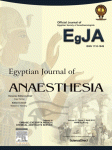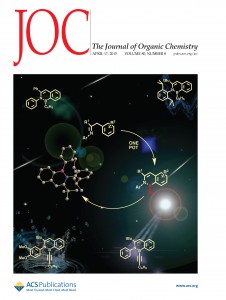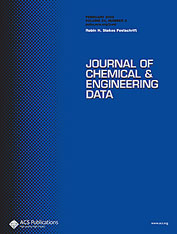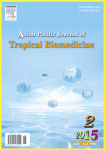
Stanley Rapoport, a neuroscientist in the National Institute on Aging, isn’t having a lot of luck with his first authors. One committed misconduct and cost him a paper in the journal Age last year, and now he’s lost another paper with a different first author, but for the exact same reason.
The latest paper, in Neurochemical Research, examined whether chronic doses of aspirin reduce brain inflammation. It has been cited 14 times, according to Thomson Scientific’s Web of Knowledge.
Here’s more from the note: Continue reading NIH neuroscientist loses second paper, again the result of first author misconduct







